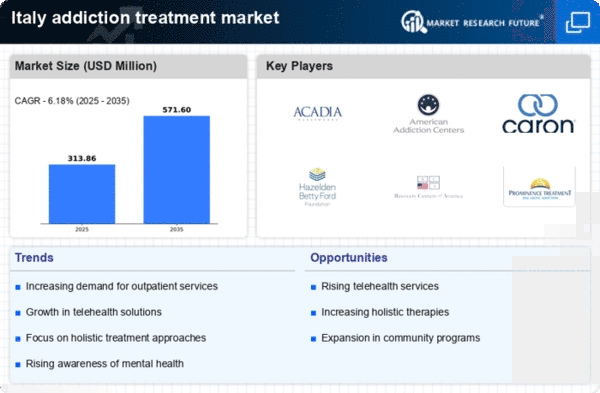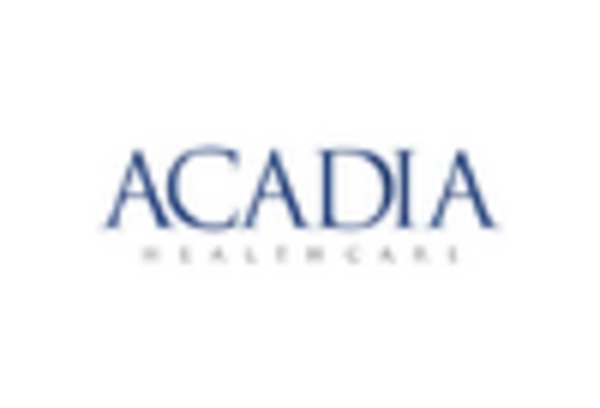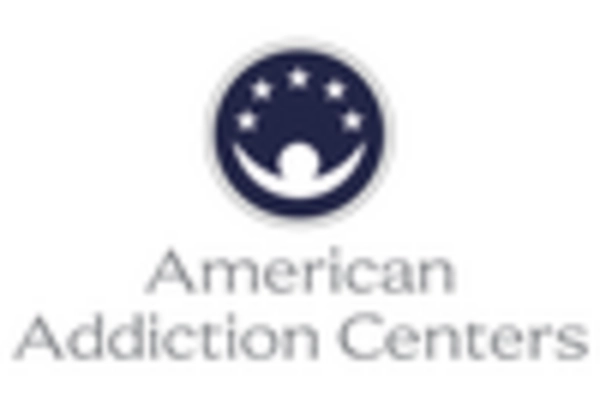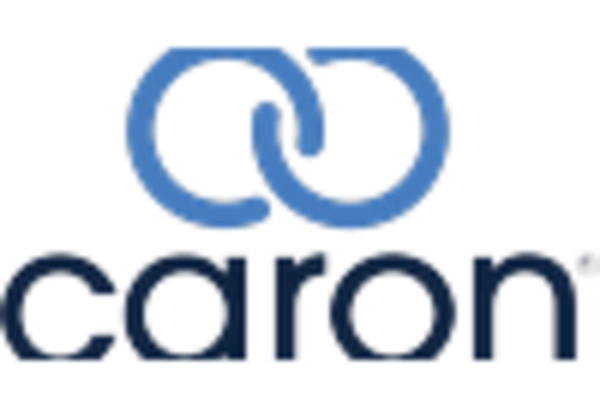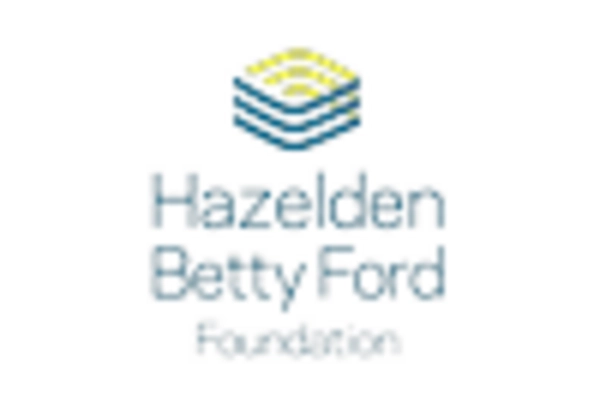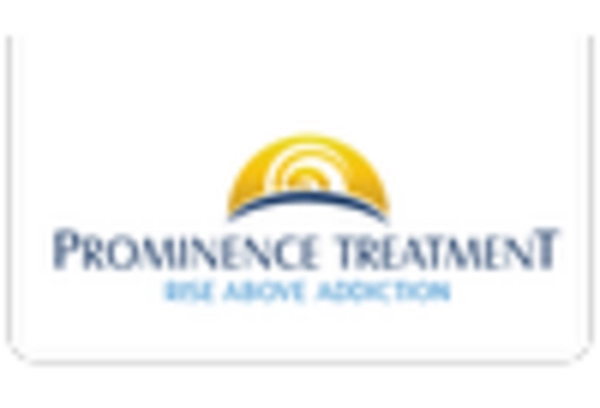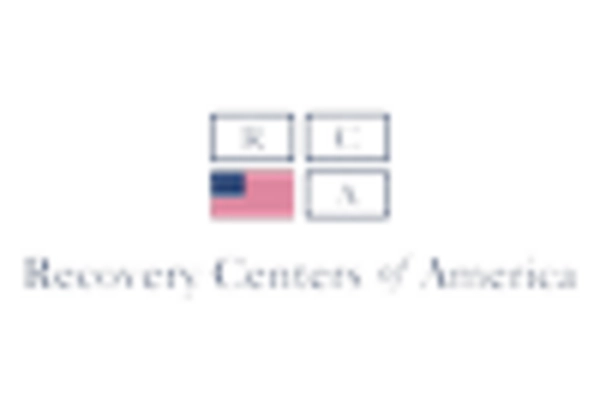Supportive Policy Framework
The Italian government has established a supportive policy framework that fosters the growth of the addiction treatment market. Legislative measures aimed at improving access to treatment and reducing barriers for individuals seeking help have been implemented. For instance, the National Drug Policy emphasizes harm reduction strategies and the importance of integrating mental health services with addiction treatment. This policy approach has resulted in a 25% increase in funding for addiction services over the past five years. As these policies continue to evolve, they are likely to create a more conducive environment for the expansion of treatment options and resources available to those in need.
Rising Substance Abuse Rates
The addiction treatment market in Italy is experiencing growth due to the alarming rise in substance abuse rates. Recent data indicates that approximately 3.5% of the population engages in problematic drug use, with opioids and alcohol being the most prevalent substances. This trend necessitates an expansion of treatment facilities and services, as the demand for effective interventions increases. The Italian government has recognized this issue, allocating €100 million annually to combat addiction. This funding supports various initiatives, including the establishment of rehabilitation centers and community outreach programs. As the addiction treatment market evolves, it is likely that innovative treatment modalities will emerge to address the diverse needs of individuals struggling with addiction.
Collaboration Among Stakeholders
Collaboration among various stakeholders is emerging as a key driver in the addiction treatment market. Partnerships between government agencies, non-profit organizations, and private sector entities are becoming increasingly common. These collaborations aim to create comprehensive treatment networks that address the multifaceted nature of addiction. For example, joint initiatives have been launched to provide integrated care that combines medical, psychological, and social support. This holistic approach is expected to enhance treatment effectiveness and improve patient outcomes. As stakeholders continue to work together, the addiction treatment market is likely to see a surge in innovative programs and services tailored to meet the diverse needs of individuals struggling with addiction.
Increased Awareness and Education
There is a growing awareness of addiction as a public health issue in Italy, which is positively impacting the addiction treatment market. Educational campaigns aimed at reducing stigma and promoting understanding of addiction have gained traction. Surveys indicate that 70% of Italians now recognize addiction as a disease rather than a moral failing. This shift in perception encourages individuals to seek help, thereby increasing the demand for treatment services. Furthermore, educational institutions are incorporating addiction studies into their curricula, fostering a new generation of professionals equipped to address these challenges. As awareness continues to rise, the addiction treatment market is expected to expand, with more resources allocated to prevention and intervention strategies.
Technological Advancements in Treatment
Technological innovations are playing a crucial role in shaping the addiction treatment market in Italy. The integration of digital tools, such as mobile applications and online therapy platforms, is enhancing accessibility to treatment. Data suggests that teletherapy usage has increased by 40% in the past year, allowing individuals to receive support from the comfort of their homes. Additionally, advancements in data analytics are enabling more personalized treatment plans, improving outcomes for patients. As technology continues to evolve, it is anticipated that the addiction treatment market will further embrace these tools, leading to more effective and efficient care delivery.


